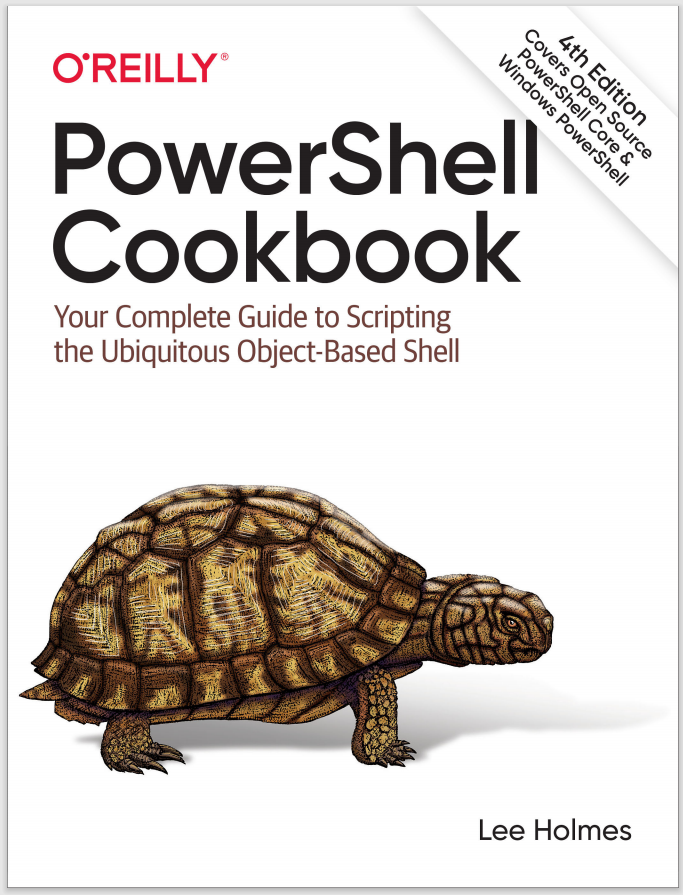Solution
To create an array that holds a given set of items, separate those items with commas:
PS > $myArray = 1,2,"Hello World"
PS > $myArray
1
2
Hello World
To create an array of a specific size, use the New-Object cmdlet:
PS > $myArray = New-Object string[] 10
PS > $myArray[5] = "Hello"
PS > $myArray[5]
Hello
To create an array of a specific type, use a strongly typed collection:
PS > $list = New-Object Collections.Generic.List[Int]
PS > $list.Add(10)
PS > $list.Add("Hello")
Cannot convert argument "0", with value: "Hello", for "Add" to type "System
.Int32": "Cannot convert value "Hello" to type "System.Int32". Error:
"Input string was not in a correct format.""
To store the output of a command that generates a list, use variable assignment:
PS > $myArray = Get-Process
PS > $myArray
Handles NPM(K) PM(K) WS(K) VM(M) CPU(s) Id ProcessName
------- ------ ----- ----- ----- ------ -- -----------
274 6 1316 3908 33 3164 alg
983 7 3636 7472 30 688 csrss
69 4 924 3332 30 0.69 2232 ctfmon
180 5 2220 6116 37 2816 dllhost
(...)
To create an array that you plan to modify frequently, use an ArrayList, as shown by Example 7-1.
Example 7-1. Using an ArrayList to manage a dynamic collection of items
PS > $myArray = New-Object System.Collections.ArrayList
PS > [void] $myArray.Add("Hello")
PS > [void] $myArray.AddRange( ("World","How","Are","You") )
PS > $myArray
Hello
World
How
Are
You
PS > $myArray.RemoveAt(1)
PS > $myArray
Hello
How
Are
You
